How IoT is Transforming Smart Cities: Building a Connected Future
The Internet of Things (IoT) is transforming the way cities function, laying the foundation for what is now known as smart cities. By connecting devices, systems, and infrastructure, IoT enables efficient management of urban areas, enhancing the quality of life for residents and promoting sustainable growth. This article explores the role of IoT in building smart cities and how this technology is shaping the future of urban living.
What is a Smart City?
A smart city uses technology and data-driven solutions to manage resources efficiently, improve services, and enhance living conditions. IoT plays a central role in this transformation by enabling the seamless interaction of sensors, devices, and networks. From traffic management to energy distribution, IoT powers various aspects of urban life, making cities more responsive, efficient, and sustainable.
Smart Infrastructure and IoT
One of the key areas where IoT is making a significant impact is in smart infrastructure. Sensors embedded in roads, bridges, and buildings can monitor structural health, detect wear and tear, and alert authorities to potential issues before they escalate. This proactive approach enhances safety and reduces maintenance costs. Additionally, smart grids powered by IoT allow cities to manage energy consumption more efficiently, optimizing power distribution and reducing energy waste.
IoT in Traffic and Transportation
Traffic congestion is a major challenge in urban areas, but IoT is helping cities tackle this issue through intelligent traffic management systems. Connected traffic lights, cameras, and sensors monitor vehicle flow and adjust signals in real-time to minimize congestion. Additionally, IoT-enabled public transportation systems provide real-time updates to passengers, improving the commuting experience. In the future, autonomous vehicles powered by IoT could further revolutionize urban mobility, reducing accidents and lowering carbon emissions.
Environmental Monitoring and Sustainability
Sustainability is a key goal of smart cities, and IoT plays a crucial role in environmental monitoring and resource management. IoT sensors can track air and water quality, detect pollution levels, and monitor waste management systems. This data helps city planners make informed decisions about environmental policies and ensures that urban areas remain sustainable. Smart waste management systems, for instance, use IoT to optimize collection routes, reducing fuel consumption and lowering the environmental impact.
Enhancing Public Safety with IoT
IoT has also become integral to enhancing public safety in smart cities. Connected surveillance cameras, emergency response systems, and smart streetlights create safer urban environments by providing real-time data to law enforcement and emergency services. IoT-based predictive analytics can help detect potential criminal activity and enable faster responses to emergencies, improving the overall security of residents.
IoT and Healthcare in Smart Cities
In the realm of healthcare, IoT is improving access to services and enhancing patient care. Smart healthcare systems leverage IoT devices to remotely monitor patients’ health, enabling doctors to track vital signs in real-time and intervene when necessary. This technology is particularly valuable in managing chronic conditions and reducing hospital visits. In a smart city, the integration of IoT into healthcare ensures a healthier population and a more efficient healthcare infrastructure.
Challenges and Future Prospects
While the potential of IoT in smart cities is immense, there are challenges to overcome, such as data privacy, security concerns, and infrastructure costs. The massive amount of data generated by IoT devices can create vulnerabilities if not properly secured. Cities must invest in robust cybersecurity measures to protect sensitive information. Additionally, integrating IoT across existing infrastructure requires significant investment, which can be a barrier for many cities.
Despite these challenges, the future of IoT in smart cities is bright. As technology advances and cities become more connected, the benefits of IoT will continue to grow, driving innovation and creating more efficient, sustainable, and livable urban environments.
Conclusion
The role of IoT in smart cities is pivotal in creating more efficient, sustainable, and connected urban environments. From improving infrastructure and transportation to enhancing public safety and quality of life, IoT is driving the future of cities. However, as cities embrace this technology, they must address the challenges of data privacy and security to ensure that smart cities remain both innovative and secure. With the continued evolution of IoT, the vision of a truly connected future is becoming a reality.
Also read this: https://skipperpk.com/2024/09/09/everything-apple-revealed-at-the-iphone-16-launch-event-apple-watch-series-10-airpods-4-ios-18-and-more/
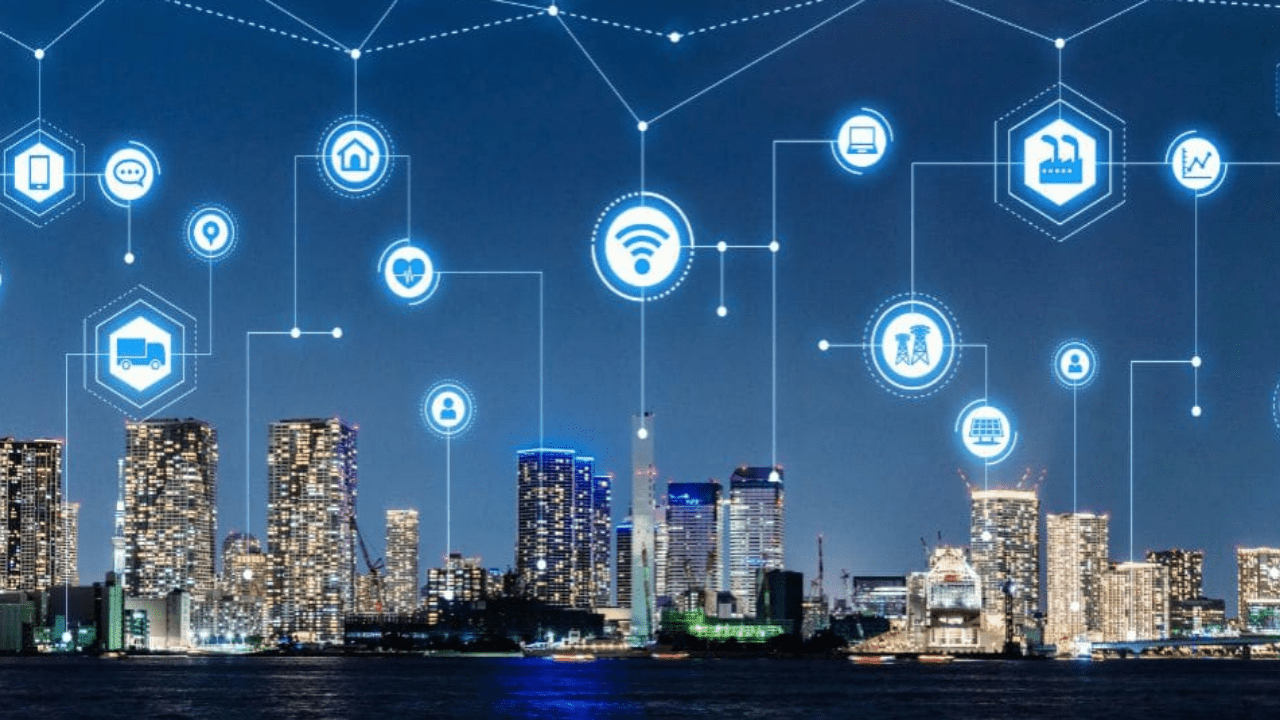
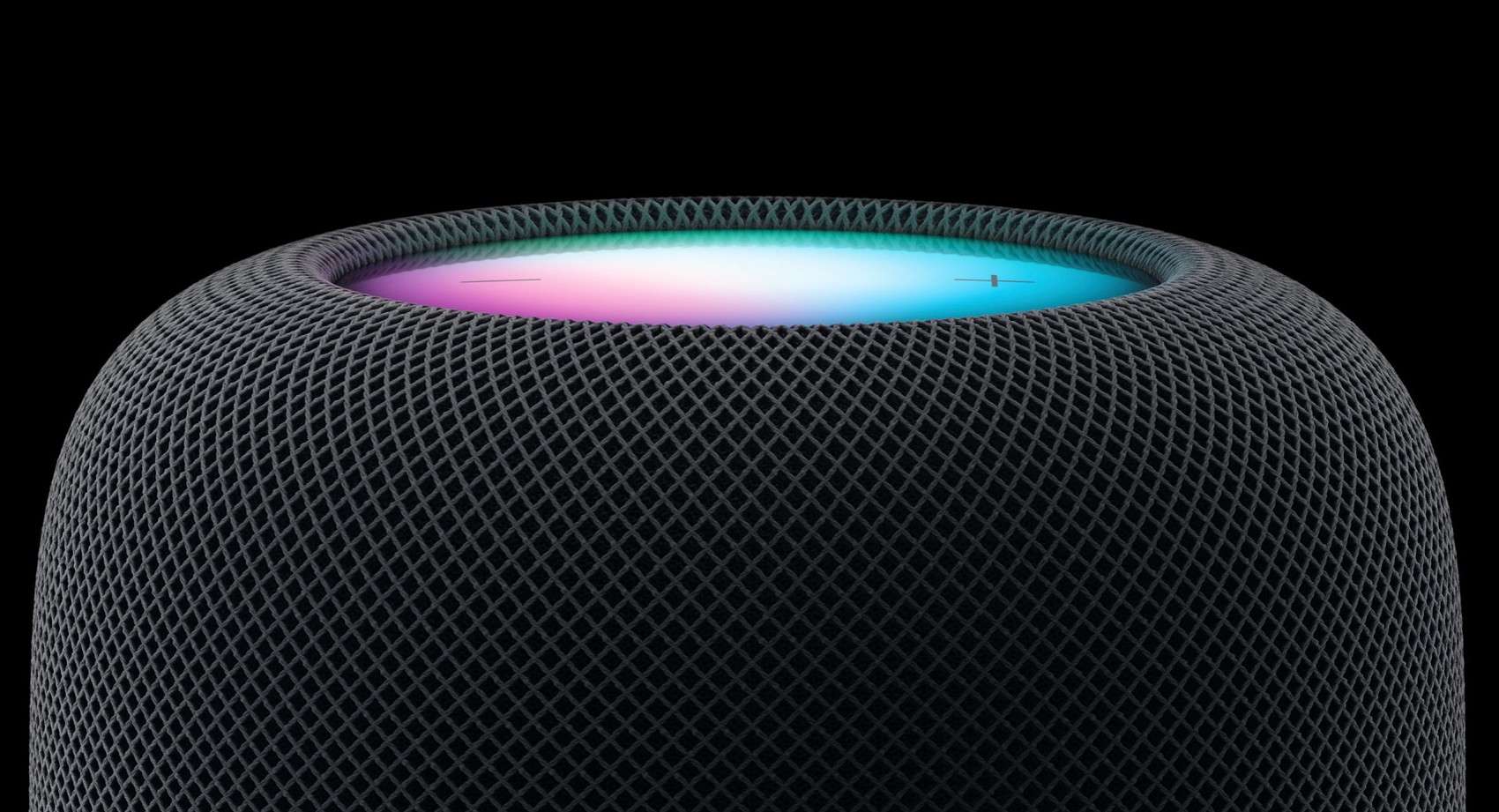
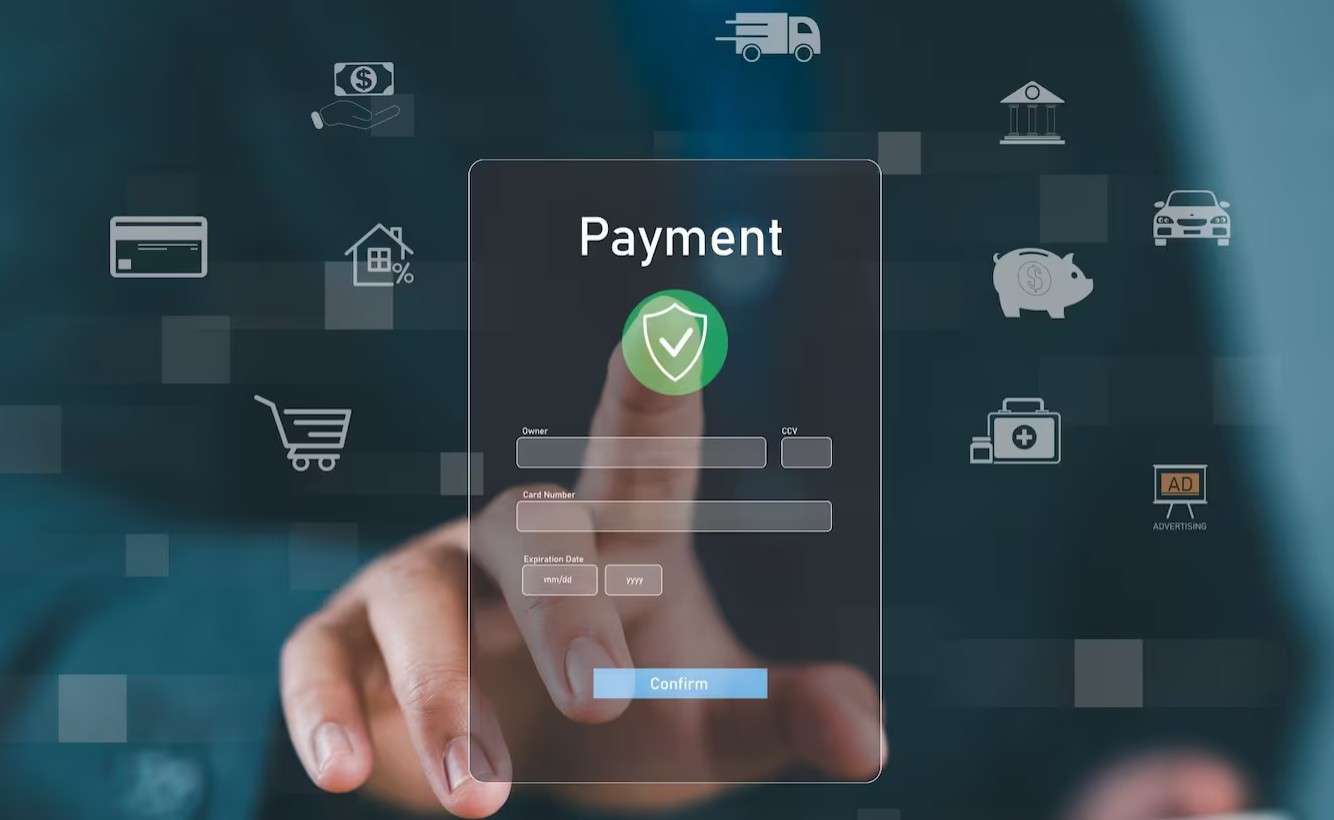
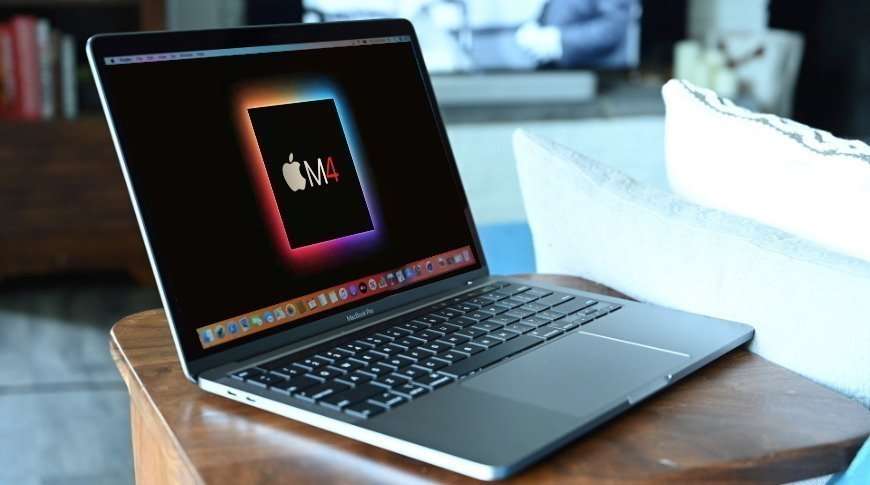

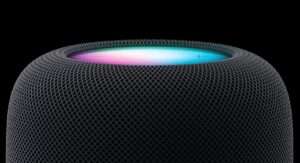




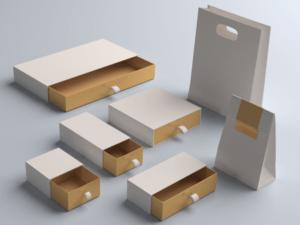



Post Comment